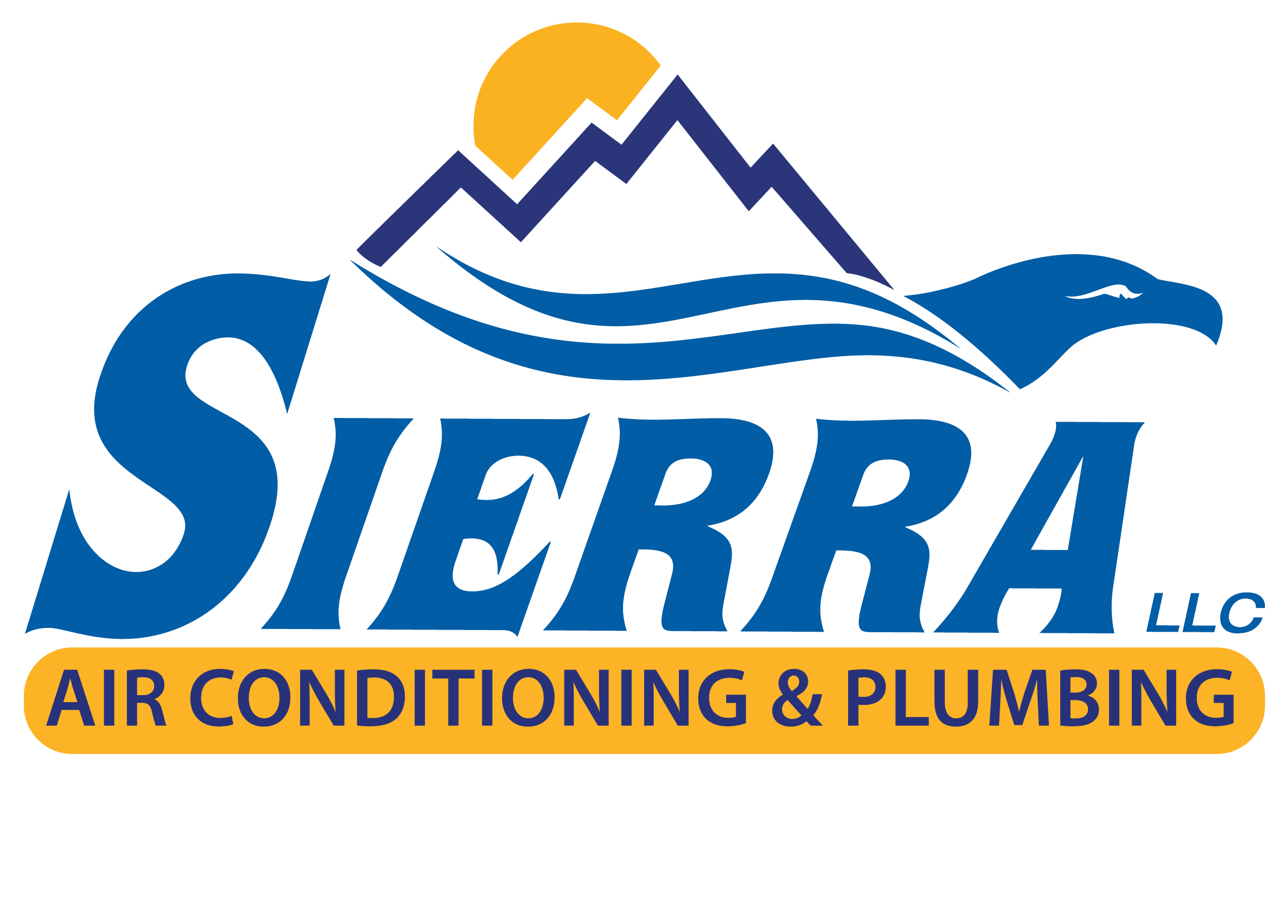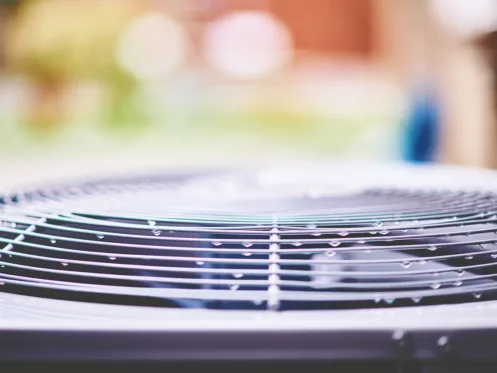In the ever-changing world of home maintenance, one question that frequently surfaces, especially during the rainy season, is whether air conditioning units can handle getting wet. Given their crucial role in ensuring our comfort, understanding the nuances of AC units’ interaction with water is vital. This post will delve into various aspects, including whether air conditioners are waterproof, the impact of rain on the outdoor unit, and essential maintenance tips to safeguard your cooling system.
Are Air Conditioners Waterproof?
To address the most common query first: can AC units get wet? The short answer is yes, they can handle moisture to a certain extent. Air conditioners are designed to withstand normal outdoor conditions, including rain. This resilience prompts a follow-up question: are AC units waterproof? Technically, they’re not entirely waterproof but are built to endure standard weather patterns, including light to moderate rainfall.
Can Rain Damage AC Outdoor Unit?
Understanding that while AC units are designed to resist water, excessive conditions or improper installation can lead to complications. So, can rain damage the AC outdoor unit? In normal circumstances, your outdoor unit is equipped to handle rain without sustaining damage. However, heavy or persistent rain, especially when paired with flooding or debris accumulation, can potentially cause issues.
What Happens if My AC Gets Wet?
Under normal conditions, your AC unit shedding water, particularly around the outdoor component, is a common sight. This moisture typically results from the condensation process, which is a normal part of how air conditioners operate. However, when asking, “What happens if my AC gets wet?” it’s crucial to differentiate between natural condensation and potential water ingress from floods or leaks, which can lead to electrical malfunctions or system inefficiencies.
Can You Turn on AC When It’s Raining?
Many homeowners wonder, “Can you turn on AC when it’s raining?” Yes, you can. Rain does not affect the AC’s ability to function correctly. In fact, using your AC during rainy weather can help reduce humidity inside your home, enhancing comfort levels.
How to Protect AC Outdoor Unit from Rain
While your AC unit is designed to weather the storm, taking additional steps to protect your outdoor unit can extend its lifespan and ensure optimal performance. Here’s how to protect your AC outdoor unit from rain:
- Elevate the Unit: Ensure your outdoor unit is installed on a raised platform if you’re in a flood-prone area to prevent water ingress during heavy rains.
- Clear Debris: Regularly clean around the unit to prevent blockages that can trap water and cause damage.
- Install a Protective Cover: Consider installing a protective cover or awning to shield the unit from severe weather conditions, such as hail or heavy storms. However, ensure proper airflow is not obstructed.
Conclusion
In summary, air conditioning units are robust machines designed to endure the elements, including rain. Understanding the difference between normal operation and potential water-related hazards is key to maintaining your system’s longevity and efficiency. Remember, regular maintenance and inspections can preemptively address many issues before they escalate.
If you’re concerned about your AC’s exposure to the elements or have noticed a decrease in performance after severe weather, it’s crucial to consult with professionals. Sierra Air Conditioning & Plumbing is here to help. Our team of experts can provide the guidance and services you need to ensure your air conditioning system remains in top condition, rain or shine. Contact us today to schedule a consultation or for more information on protecting your AC unit from the vagaries of the weather.





